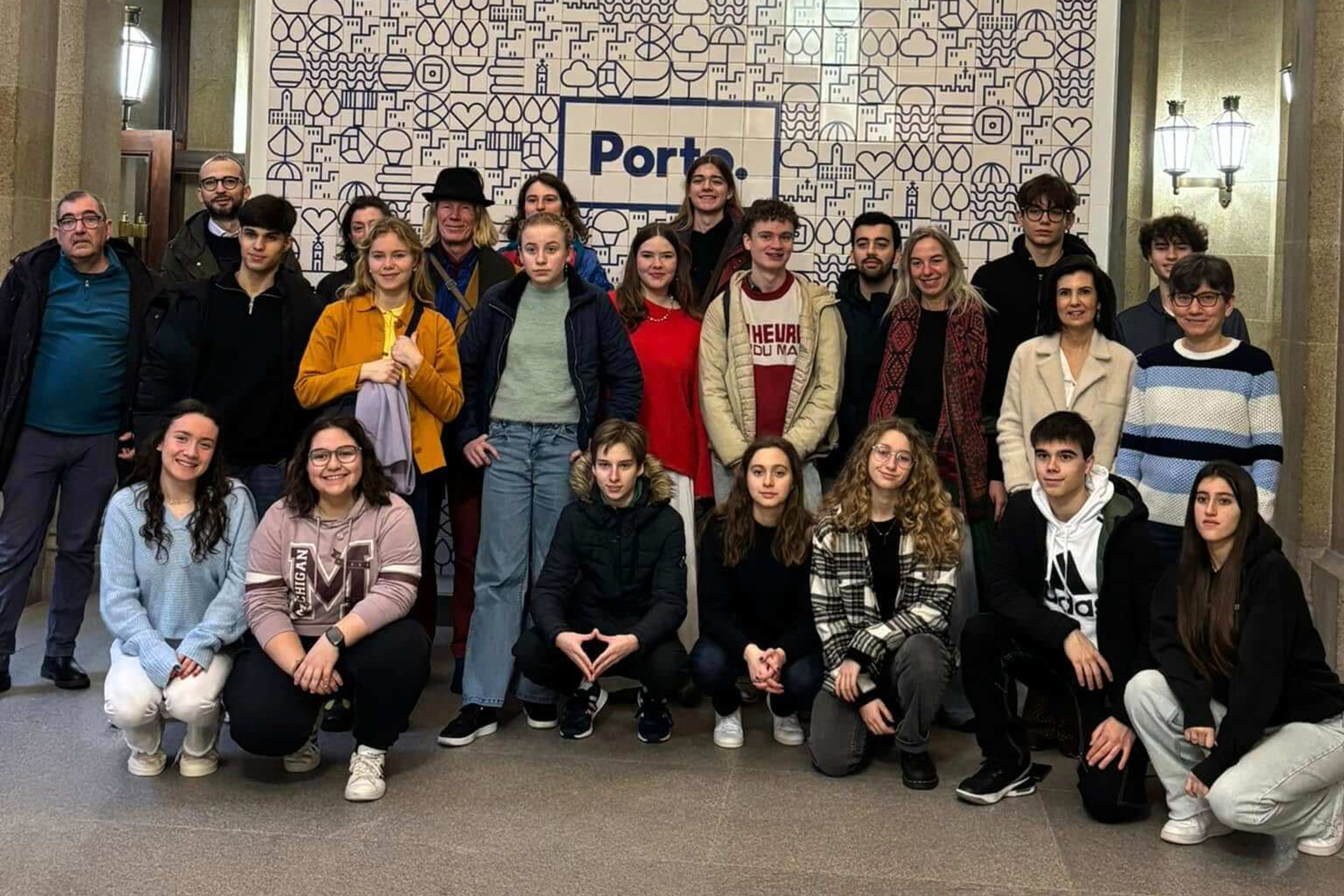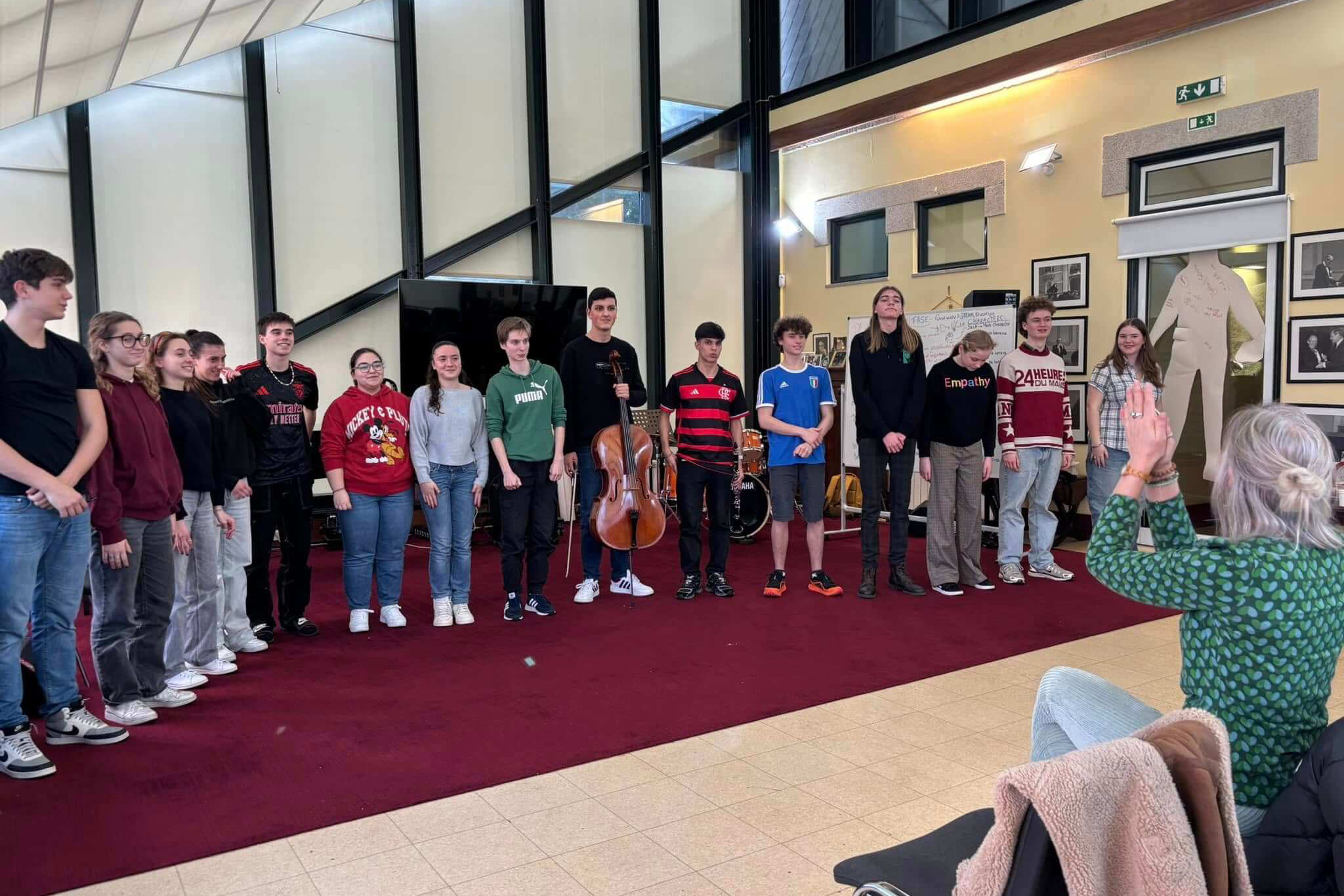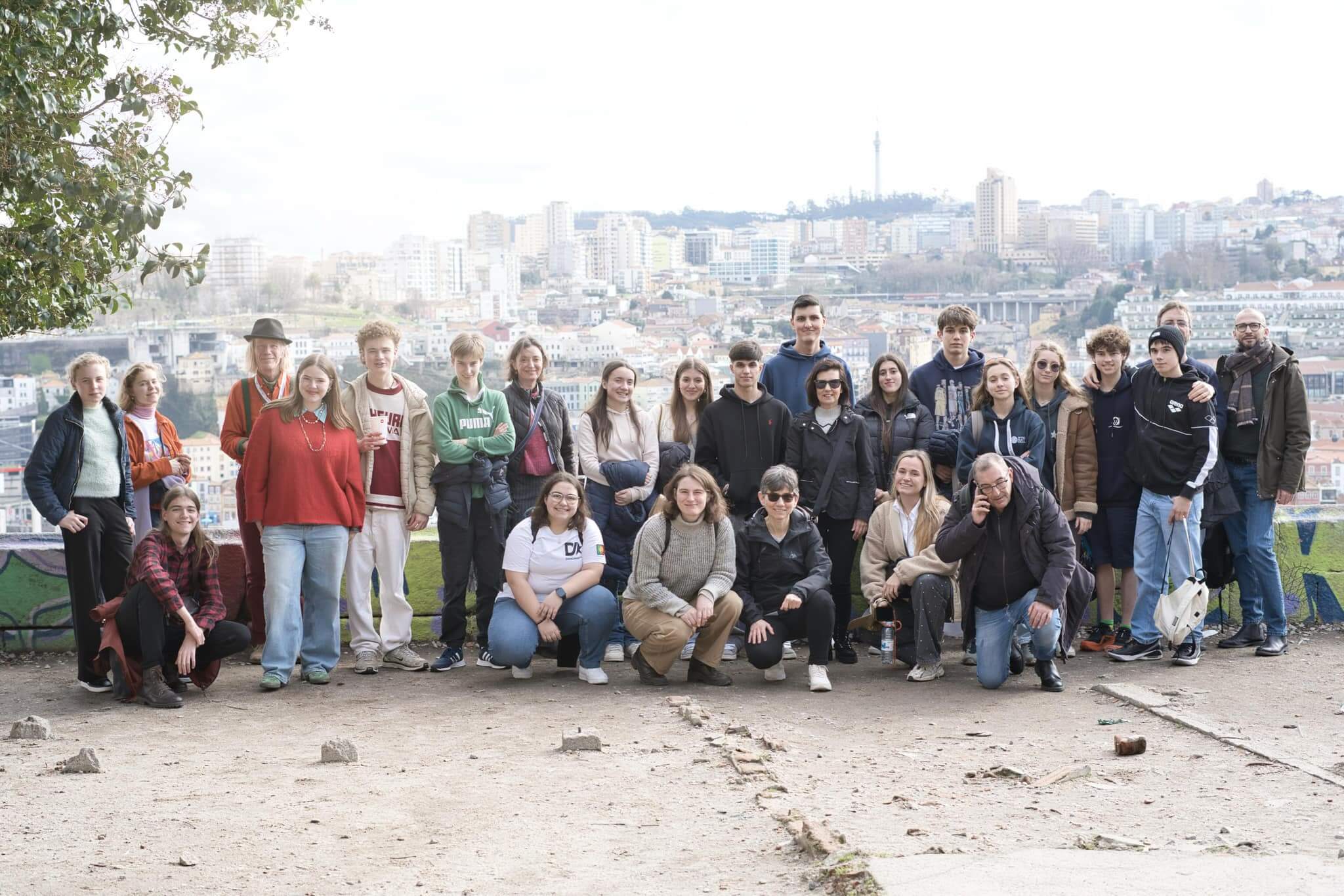
ERASMUS+
Food Waste

https://foodwastesteameducation.com/
FASE – Food waste And STEAM Education aims to raise awareness about the urgency off starting a new fase regarding environmental impact of food waste, foster gender equality in STEAM education and use creativity has a tool to problemsolving.
By making a Science Opera about this theme and providing impactful outputs, our project strives to leave a lasting impact contributing to a more sustainable and equitable society now and in the future. Our project comprises 5 work packages: WP1 for project management; WP2 for Meetings and Train the Trainer, focusing on WASO methodology; WP3 for Intensive Programs, featuring workshops on food waste and WASO for Opera creation; WP4 for Output Development, aimed at creating the 2 expected outputs; and WP5 for Multiplier Events, encompassing events in each country and an online event.
We anticipate increased awareness of food waste issues, enhanced STEM/STEAM skills, sustainable behavior changes, empowered student leaders, integrated sustainability curriculum, increase girls’ interest in STEM; strengthened partnerships, and two tangible outputs: Opera toolkit and eBook.
From February 10th to 14th, we welcomed our partners from the FASE – Food Waste and STEAM Education project for our first Intensive Work Program. During these days, five students from the CMSM Secondary Course, five students from Podiumacademie Lier (Belgium), and six students from Liceo Scientifico A. Callini (Italy), accompanied by their teachers, came together to begin creating our Opera on Food Waste, under the guidance of expert Irma Smegen from Speel je wijs.
In addition to working intensively on the opera using the WASO – Write a Science Opera methodology, the students had the opportunity to explore the city of Porto and participate in various cultural and educational activities. They visited the historic center, took the iconic Six Bridges Cruise, climbed the Arrábida Bridge, visited Porto City Hall, and strolled along the Foz do Douro, enjoying the natural beauty of the region. Furthermore, they took part in interactive workshops led by teachers from each country and attended a special session on food waste, conducted by expert Sofia Reis from IFA, where they reflected on this global issue and possible solutions.
A particularly enriching experience was lunch at the Agrupamento de Escolas do Cerco do Porto, where students engaged with the zero waste concept and learned about sustainable practices and initiatives implemented at the school.
It was an intense week, filled with learning, cultural exchange, and teamwork, which concluded with a dinner and a lively Valentine’s Day party at CMSM, further strengthening the bonds between all participants. This experience marked the beginning of an inspiring project where art, science, and environmental awareness come together to promote a more sustainable society.






